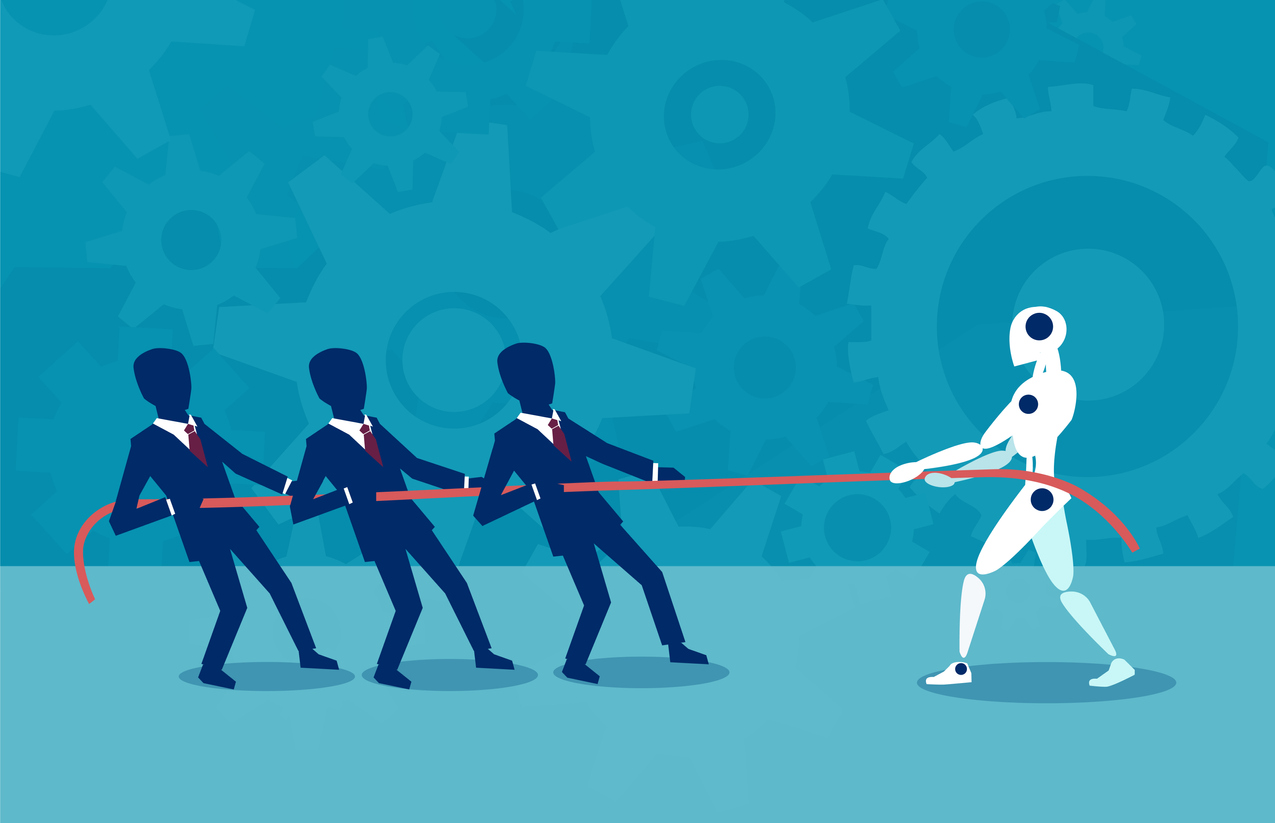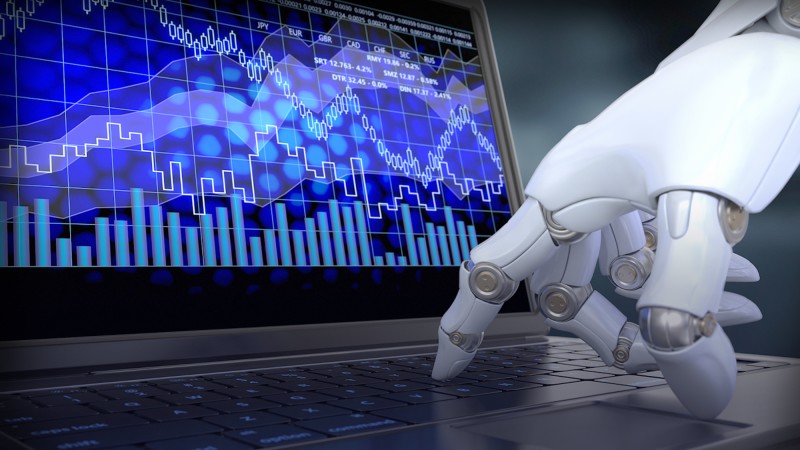Chief Financial Officer also called CFO, has always been known as the main responsible for the management and control of financial risks, planning and reporting to all levels of higher management in the enterprise. However, in this new era, the role of the CFO can “automate” or not?
Many people think that today from factory assembly lines to long-distance trucking, our automated, robotic future is here to stay. Some components that without mechanical workforce, the industry will be difficult to achieve the optimum level of precision, fast and cheaper.
From this statement, many people again "whispers" each other's ears that one day even the operator or chief financial officer would risk being completely replaced by automation. Although automation is the future revolution but more important the role of the CFO can be "automatic" or not, there is no convincing answer. But certainly the role of the CFO will not be automatic in any circumstance, by three factors: soft skills, communication and flexibility.

1. Soft skills are difficult to automate
Harvard Business Review (HBR) designed and conducted an experiment using iCEO, a digital management platform that can run projects independently. In this trial, HBR tasked iCEO to submit a detailed proposal to a Fortune 500 company - a task that normally takes months.
Using contractors from Mechanical Turk, eLance and oDesk, iCEO completed the project in mere weeks.
Researchers claim this experiment conclusively demonstrated that “artificial intelligence” (AI) can not only tackle giant, complex tasks but also manage projects, thereby eliminating executives entirely. But how if there are risks associated forced to offer workarounds? “artificial intelligence” now useless for human tasks only "true" can for decisions to solve difficult. Not only that, "artificial intelligence" cannot judge whether a certain technology can potentially lucrative business or not? Or whether this product can be sold on the market or not? All are the professional skills of CFOs without machines or automated replacement.
Back issue of HBR's research, the Automation has yet to be called the revolution changing the world by the "auto" decision could affect thousands of human lives and not the problem would also be quantified. Even today's high technology world also have the intuition and decision making are based on humans.
2. Communication
A robot or similar tools can be entrusted to complete a small task, simple but still needs people to be responsible with the important decisions that make whether it is the chief financial officer or managing director.
Above all, CFOs are representing in business strategy and serve. Not only that, they are the "bridge" between business partners with other decision makers, including department heads, chief information officer, and manage sales / marketing.

3. Flexibility
Automation cannot adapt to the unexpected. As The New York Times points out, although the mechanism for resolving human problems have slowly and bring emotional but still suitable for possessing flexibility, this would not have in automation.
Similar to business, the stock market always increase continuously forced Chief Financial Officer always work in a state of stress and risky, because whenever a bad situation will occur, forcing them to "spirits up" for all the time needed.
In addition, the Chief Financial Officer is the person who must constantly balance the various cost and service levels in the financial responsibility of the business, and applying the model of financial activities when necessary.
Obviously the current automation can not participate in running the business work. Automation can be used if later it still has the "key" and responsible. Perfect all is said applying automation in business, in operation, not only helps CFOs in particular will be easy to control and minimize the workload without affecting business performance present.
Source: Entrepreneur





